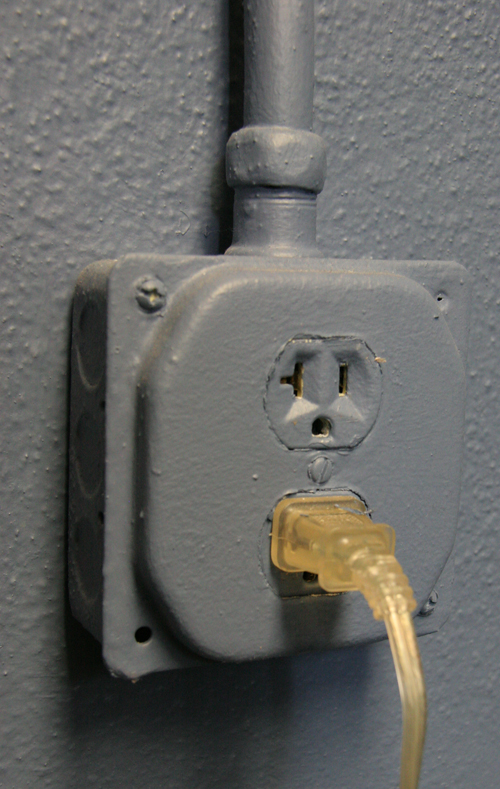Just like a vampire can steal energy from an unsuspecting victim, an idle home appliance can bleed power from a home and unnecessarily add to its electric bill.
Did you unplug the coffeemaker before you left home this morning? If not, it is still pulling a small amount of electricity. This is called “phantom” or “vampire” energy. Most small appliances do not use a lot of electricity while still plugged in or in standby mode, but there use is being recorded. You will pay for those watts of electricity.
A phone charger, for example, plugged in with no cell phone attached uses phantom energy. Computers, printers, hard drives and monitors all still pull electricity while plugged in and not being used.
The best way to stop this phantom energy waste is to use a power strip or surge protector. By plugging electronics into these, you can turn off the power to the strip or protector and eliminate the flow of electricity.
To reduce the electricity used by a computer, turn it and its monitor off if you’re not going to use it for more than two hours. If you’re not going to use the monitor for more than 20 minutes, turn it off.
There is a surge of electricity when your computer is initially turned on, but overall it’s much less than the electricity used when the computer is in standby mode. Another misconception is that screen savers are energy savers. Many screen savers actually use more energy than if the computer was on without a screen saver in place.
To save energy, purchase Energy Star® computers and other appliances. These appliances and electronics carry the Energy Star logo.
As with all energy-saving tips, apply the ideas that make sense for your household. If you have to reprogram television or cable remotes every time you unplug the television, DVD player or cable box, this may result in too much time or too much of an inconvenience for you.
Working together, families can do simple things like turn off lights when they leave a room or unplug small appliances that are not being used. Replacing light bulbs with compact florescent bulbs can save energy, too. CFL bulbs cost a little more than traditional bulbs, but they last five to seven years.
For more energy-savings tips, contact your local University of Georgia Cooperative Extension office at 1-800-ASK-UGA1, or your local power provider.








.jpg)
